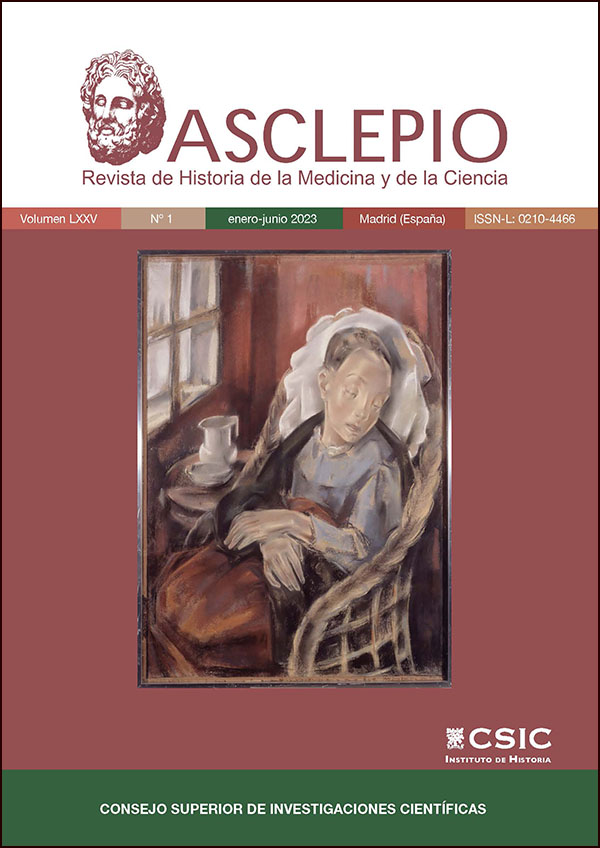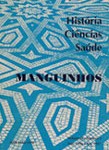
Ipomoea arborescens and Edward Palmer. From the Edward Palmer Collecting Trips to Mexico and the Southern United States, 1853–1910
Created by the Harvard University Library’s Open Collections Program, Expeditions and Discoveries offers important historical resources for students of anthropology, archaeology, astronomy, botany, geography, geology, medicine, oceanography, and zoology.
Since the dawn of the modern age, the world has witnessed an increasingly organized approach to exploration and discovery: sometimes to document the geography, climate, resources, and peoples of little-known areas; sometimes to establish scientific facts, such as the earth’s circumference.
Historically, most organized explorations relied upon state or institutional sponsorship. By the 19th century, North America’s universities were emerging as forces in a broad range of expeditions and discoveries. Within that context, Harvard University played significant roles—as underwriter, participant, collector, and repository—for pace-setting expeditions around the world.
The collection features nine major expeditions as they are reflected in the holdings of Harvard’s libraries, museums, and archives. Other materials—both published and unpublished—provide vital, contextual information on exploration in the modern age. In addition, users can search or browse materials by discipline or region, explore holdings related to 22 notable people, and find vital, contextual information on modern-age explorations from the Arctic to the Antarctic, from South America to Africa and Australia, and more.
Click here and visit the exhibition.










